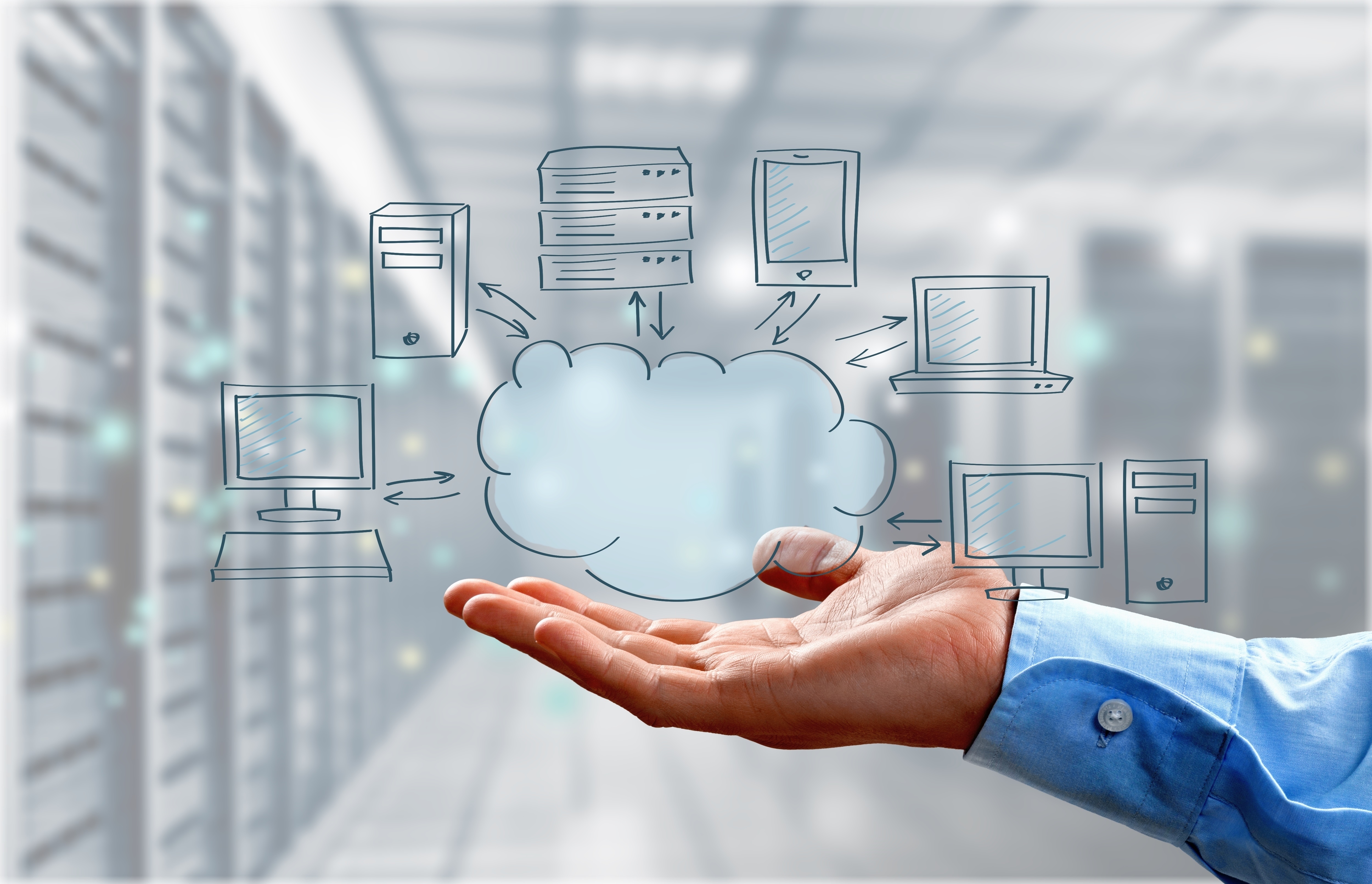 Cloud backup is safe, secure, and affordable, but many businesses still fall prey to misconceptions about it. Avoiding use of cloud backup causes businesses to miss out on its many benefits. Here are the five most common misconceptions regarding the technology, and explanations for why they’re untrue.
Cloud backup is safe, secure, and affordable, but many businesses still fall prey to misconceptions about it. Avoiding use of cloud backup causes businesses to miss out on its many benefits. Here are the five most common misconceptions regarding the technology, and explanations for why they’re untrue.
Affordability
Many businesses worry about the cost of a cloud backup system, but there are plenty of options in a variety of price ranges available. Partnering with a reputable provider is the most important step. A cloud system is well worth the expense if it means the business doesn’t lose important documents or sensitive data — which, in the long run, could be even more costly.
Cloud Backup vs. Cloud Storage
There is a difference between cloud storage and cloud backup. Storage is focused more on the sharing of files and allowing collaboration between employees, teams, and even clients and other businesses. However, it doesn’t protect against common forms of data loss, including:
- Accidental (or intentional) deletion
- Hardware failure
- Power failure
- Software crash
With cloud backup, a business’s information is constantly saved as versions, so if something does happen, they can access the latest version and restore most, if not all, of the data.
External Hard Drives and Manually Backing up
Many people think that backing up data manually and using external hard drives does the job just as well as the cloud. Unfortunately, manual backups rely on the user to remember to execute them, and external hard drives can easily be damaged or destroyed by fire, viruses, or theft.
The cloud ensures that data is being saved while working in the background, and it can be accessed from any computer — even outside the business premises.
Ransomware and Anti-Virus
Technology is a constant race between software engineers and hackers. If a hacker really wants to target a business, they will find a way past any antivirus protection. However, this can be prevented with cloud backup and versioning; the business can roll back to a previous version before the ransomware was installed.
Safety and Security
There’s a pervasive myth that the cloud is not as secure as manual methods of saving and backing up data. By partnering with a reputable vendor, however, businesses gain access to the many security benefits of the cloud, including:
- Failsafe power generators
- Encryption
- Redundant disk arrays
- Temperature-controlled environments
Although the above misconceptions are common, they can be easily proven untrue. The cloud is just as safe and secure as manual methods, as it runs automatically; and for the peace of mind it provides, it’s certainly affordable. With research, businesses should find that cloud backup suits their needs and their budgets.